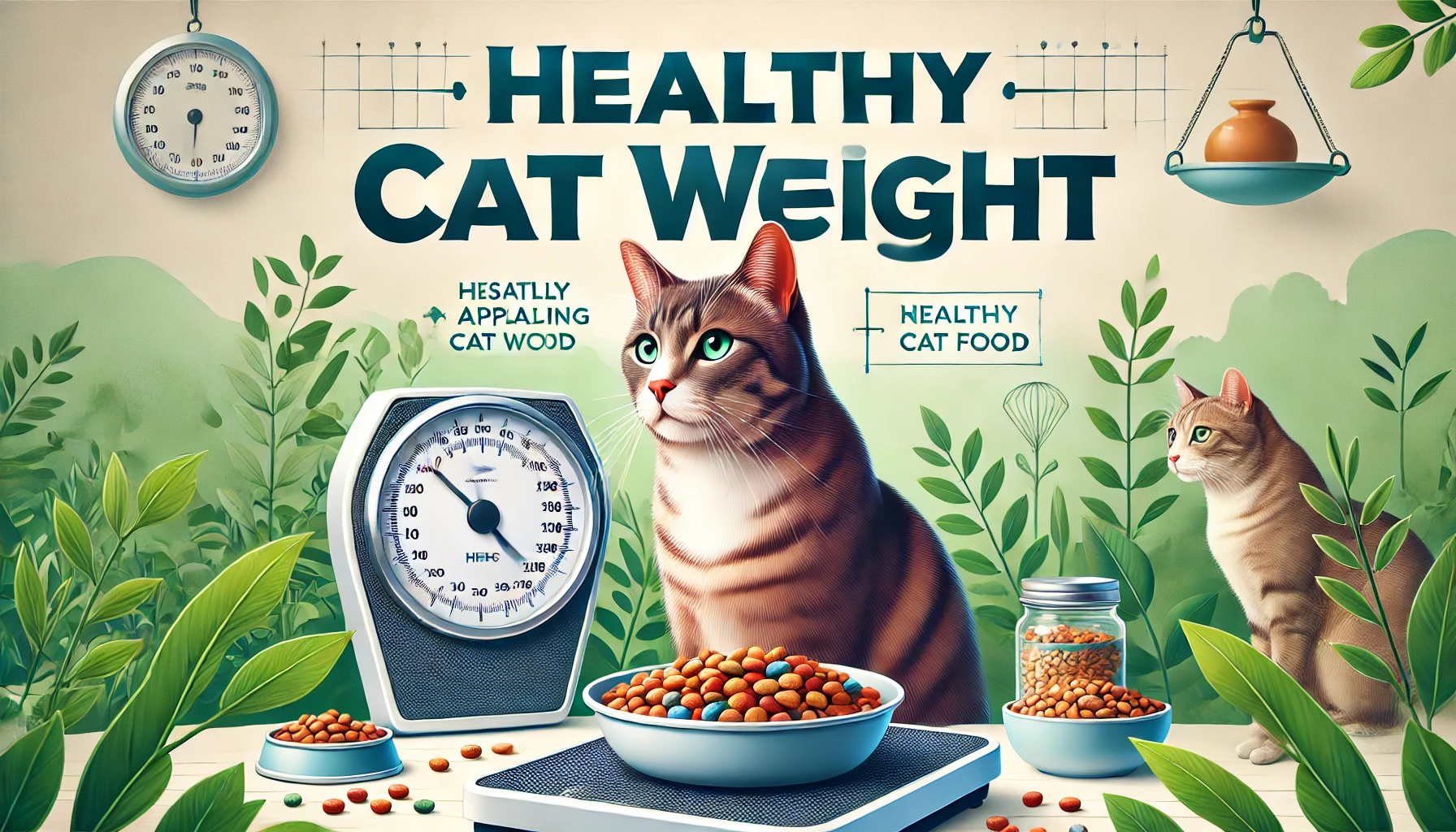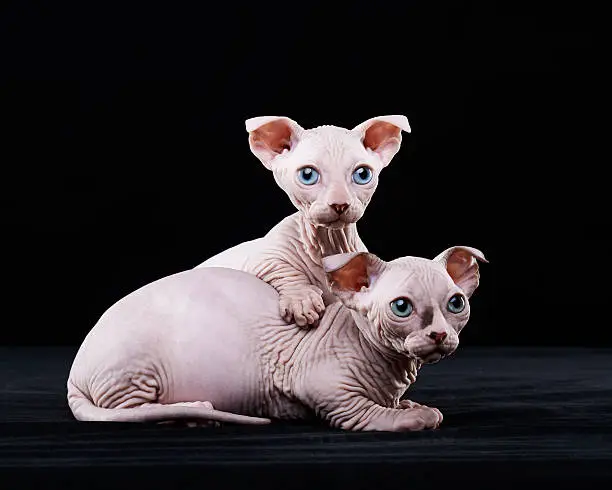What’s the Average Healthy Cat Weight?

Maintaining a healthy weight for your cat is crucial for its overall health and longevity. Just like in humans, being underweight or overweight can lead to numerous health issues for cats, including diabetes, heart disease, and joint problems. Understanding the average healthy weight for a cat and how to assess your pet’s condition can help you ensure it leads a happy, healthy life.
Understanding Cat Weights: Averages and Variations
The average weight of a cat depends on several factors including breed, age, and body size. Generally, most domestic cats should weigh between 8 and 10 pounds. However, this range can vary significantly depending on the breed. For example:
- Siamese cats may weigh less, typically ranging from 5 to 10 pounds.
- Maine Coon cats, one of the largest breeds, can weigh anywhere from 10 to 25 pounds and still be considered healthy.
- Persian cats generally weigh between 7 and 12 pounds.
It’s important to note that these weights provide a general guideline. Each cat is unique and what’s healthy can vary widely even within the same breed.
How to Determine If Your Cat Is at a Healthy Weight
The best way to determine if your cat is at a healthy weight isn’t just by the numbers on a scale, but by conducting a physical assessment:
- Feel the Ribs: You should be able to feel your cat’s ribs without a hard layer of fat over them. They shouldn’t be visibly sticking out, but you should feel them with a light touch.
- Check the Waist: Viewed from above, a healthy cat should have a noticeable waist. This is the area behind the ribs when it narrows before the hips.
- Profile View: From the side, there should be a slight tuck up in the abdomen; the belly shouldn’t hang down.
Factors Influencing Cat Weight
Several factors can influence a cat’s weight, including:
- Age: Younger cats and kittens will have different weight ranges compared to adult cats. As cats age, their metabolism can slow down, leading to weight gain if their diet isn’t adjusted.
- Diet and Nutrition: The type and amount of food are crucial. Cats need a balanced diet rich in proteins and low in carbohydrates.
- Activity Level: Active cats will burn more calories. Indoor cats often have less room to roam and may require fewer calories or more planned activity.
- Health Issues: Certain medical conditions can cause weight gain or loss. Regular veterinary check-ups are essential to monitor and manage health problems.
Managing and Maintaining Healthy Weight
To keep your cat at a healthy weight, consider the following tips:
- Regular Exercise: Engage your cat in play that stimulates their natural hunting instincts. Toys that mimic prey, like feather wands or laser pointers, can provide good physical activity.
- Proper Diet: Feed high-quality cat food that suits your cat’s age, health status, and activity level. Avoid overfeeding and measure your cat’s food rather than free-feeding.
- Regular Vet Visits: Annual check-ups can help catch any changes in your cat’s health early.

Conclusion
Understanding the average weight for a cat, alongside knowing how to check your cat’s body condition, is essential for maintaining your pet’s health. Remember that these guidelines can vary greatly depending on the individual cat and their specific needs. Always consult with your veterinarian if you’re unsure about your cat’s weight or diet; they can provide personalized advice based on your cat’s health profile and lifestyle.
What is a healthy weight for a cat in kg?
A healthy weight for a cat typically ranges between 3.6 to 4.5 kg, depending on breed and build.
Is 5kg overweight for a cat?
For many breeds, 5 kg is on the upper end of a healthy range, but it may be overweight for smaller breeds.
Is 7kg overweight for a cat?
Yes, 7 kg is generally considered overweight for most domestic cat breeds.
Is 6 kg fat for a cat?
6 kg is likely overweight unless the cat is of a larger breed like a Maine Coon.
Is 3kg good for a cat?
3 kg can be healthy for smaller or younger cats, but it may be underweight for larger breeds.
Is 4kg cat overweight?
4 kg is usually within the healthy weight range for many adult cats.
Is 2kg underweight for a cat?
Yes, 2 kg is generally underweight for an adult cat, suggesting it’s either very young or potentially malnourished.
How much food should a cat eat?
The amount varies based on the cat’s weight and activity level, but generally, an adult cat should eat about 200-300 calories per day.
What age do cats stop growing?
Most cats stop growing by the time they are one year old, although some larger breeds can grow until they are two years old.
How long are cats pregnant?
Cats are typically pregnant for about 9 weeks, or 63 to 65 days.






